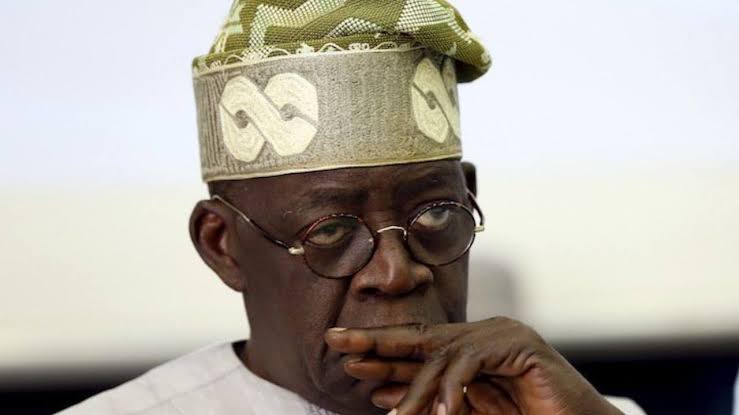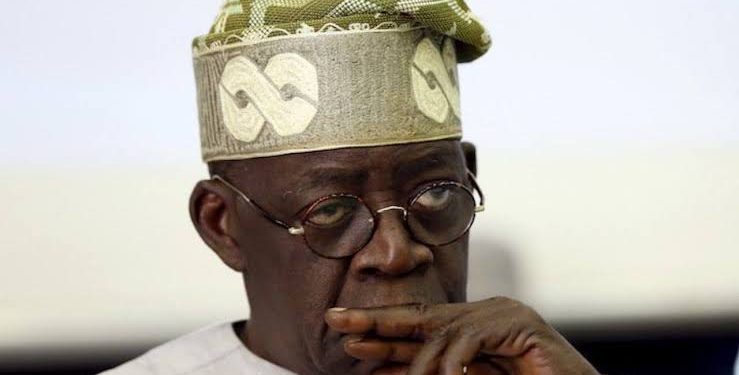Nigeria, Africa’s most populous nation and largest economy, finds itself at a critical juncture. Discussions around the government’s continuous borrowing and the escalating national debt, reportedly reaching projections of N187 trillion by the end of 2025, are no longer whispers in economic circles but roaring debates echoing across media platforms, policy forums, and the daily lives of citizens.
This staggering figure, a significant leap from previous years, raises profound questions about fiscal accountability, the sustainability of current economic policies, and the future prosperity of the nation.
The Alarming Trajectory of Debt
Recent data from the Debt Management Office (DMO) paints a stark picture. As of March 31, 2025, Nigeria’s total public debt stood at N149.39 trillion, a substantial increase from N121.67 trillion in Q1 2024.

This trajectory suggests that the N187 trillion projection for the end of 2025 is not an exaggeration but a worrying possibility if current borrowing trends persist. This debt comprises both domestic and external components, with a notable shift in the portfolio structure. While domestic debt currently accounts for a slightly larger share (52.7% in Q1 2025 compared to 47.3% for external debt), the naira’s depreciation has significantly exacerbated the cost of servicing external obligations, turning seemingly manageable dollar figures into colossal naira burdens.
ALSO READ: https://nationscuriosity.com/navigating-the-aftershocks-the-long-term-imp/
Several factors have contributed to this exponential rise. Successive governments have relied heavily on borrowing to bridge budget deficits, fund infrastructure projects, and service existing debts. The impact of global economic shifts, including fluctuating oil prices (Nigeria’s primary revenue source) and rising international interest rates, has further compounded the challenge. The COVID-19 pandemic also necessitated increased government spending to cushion its economic blow, leading to further borrowing.
The Accountability Conundrum: Where is the Money Going?
The sheer scale of the N187 trillion figure naturally leads to questions of accountability. Citizens and economic experts alike demand to know how these massive borrowed sums are being utilized. While the government often cites infrastructure development as a primary driver for borrowing, tangible impacts on the lives of ordinary Nigerians often appear limited. Critics point to a lack of transparency in project execution, concerns about inflated contract costs, and the diversion of funds.
The absence of robust accountability mechanisms creates fertile ground for mismanagement and corruption. Without detailed, publicly accessible reports on debt responsibilities and spending distributions, it becomes challenging for citizens and oversight bodies to track the efficacy of borrowed funds. This opacity erodes public trust and fuels cynicism, making it harder for the government to garner support for its fiscal policies. The Debt Service-to-Revenue Ratio, which alarmingly escalated to 162% in the first half of 2024, means that a significant portion of the government’s revenue is now being used to service debt rather than for essential public services like education, healthcare, and security. This creates a vicious cycle where the government must borrow more to meet its recurrent expenditure and debt obligations.
Impact on the Nigerian Economy and the Future
The implications of such a burgeoning debt burden are far-reaching and potentially catastrophic for the Nigerian economy:
- Crowding Out Private Investment: When the government borrows heavily from the domestic market, it competes with the private sector for available funds, driving up interest rates. This “crowding out” effect makes it more expensive for businesses to borrow and invest, stifling economic growth and job creation.
- Increased Debt Servicing Costs: A significant chunk of the national budget is now dedicated to debt servicing, diverting resources that could otherwise be invested in critical sectors. This limits the government’s fiscal space and its ability to implement growth-promoting policies.
- Inflationary Pressures: Excessive borrowing, particularly when financed through the printing of money, can lead to inflationary pressures, eroding the purchasing power of citizens and exacerbating the cost of living crisis.
- Intergenerational Burden: The current borrowing spree effectively mortgages the future of coming generations. They will inherit a mountain of debt, limiting their opportunities and burdening them with the responsibility of repayment.
- Reduced Investor Confidence: A high debt-to-GDP ratio, especially coupled with concerns about fiscal discipline, can deter foreign direct investment (FDI). Investors seek stability and predictability, and an unsustainable debt profile signals instability.
- Vulnerability to External Shocks: A large external debt component makes the economy highly vulnerable to fluctuations in global interest rates and exchange rates. A depreciating naira, as witnessed recently, instantly increases the naira equivalent of external debt, making it more expensive to service.
Charting a Path Forward: Towards Fiscal Prudence and Sustainable Growth
Addressing Nigeria’s escalating debt requires a multi-pronged, disciplined, and transparent approach. - Fiscal Discipline and Revenue Mobilization: The government must prioritize diversifying its revenue base beyond oil. This includes strengthening tax administration, expanding the tax net, and curbing illicit financial flows. Implementing a zero-based budgeting (ZBB) system can ensure that every expenditure is justified and aligned with national objectives. A drastic cut in the running cost of governance and reduction in recurrent expenditure are also crucial.
- Enhanced Transparency and Accountability: Comprehensive and timely disclosure of all borrowing activities, including the purpose, terms, and utilization of borrowed funds, is paramount. Strengthening oversight institutions like the Debt Management Office (DMO) and empowering legislative bodies to scrutinize loan requests rigorously will foster greater accountability. Independent audits of government projects financed by debt should be routine.
- Productive Investment: Borrowed funds must be channeled into projects with clear economic returns that can generate revenue to repay the debt. Investments in critical infrastructure (power, transportation), human capital development (education, healthcare), and diversifying the economy into non-oil sectors like agriculture, manufacturing, and technology are essential.
- Debt Management Strategies: Exploring debt restructuring options, lengthening repayment timelines, or negotiating lower interest rates can provide some immediate relief. Debt-to-equity swaps for strategic assets, where creditors acquire stakes in state-owned companies, could also be considered, though with careful consideration of national interest.
- Prudent Monetary Policy: The Central Bank of Nigeria (CBN) must maintain a tight monetary policy to combat inflation and ensure macroeconomic stability, which is crucial for debt sustainability.
The N187 trillion debt projection serves as a stark warning. While borrowing can be a legitimate tool for national development, unchecked and unaccountable borrowing poses a grave threat to Nigeria’s economic stability and the welfare of its citizens. The time for urgent and decisive action, rooted in fiscal prudence, transparency, and a commitment to sustainable growth, is now. Failure to address this looming crisis will undoubtedly leave future generations with a heavy legacy of debt and diminished opportunities.


